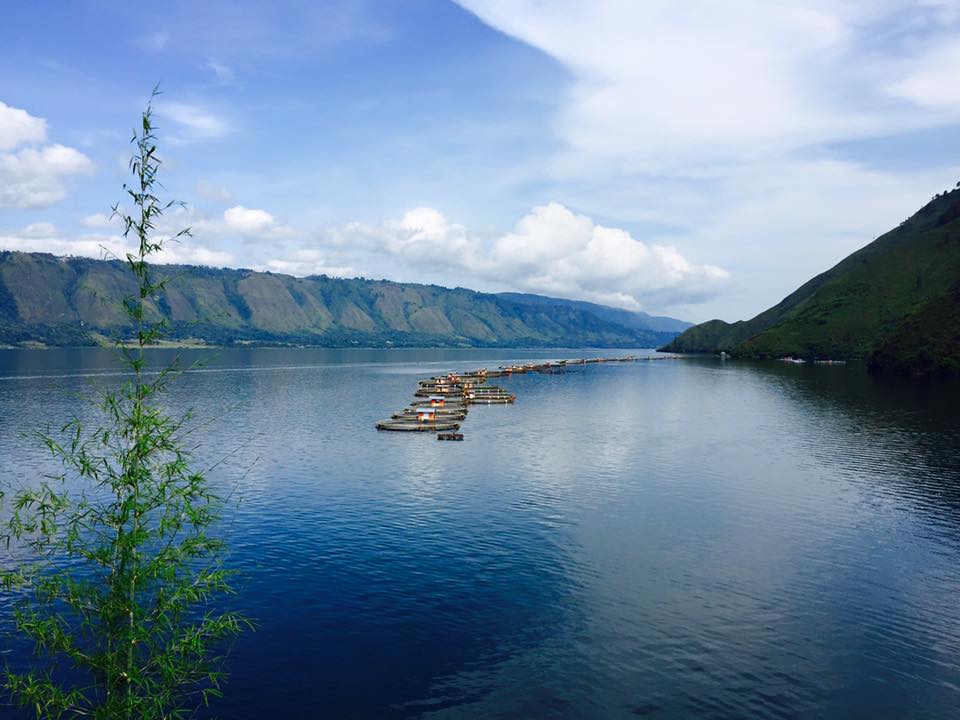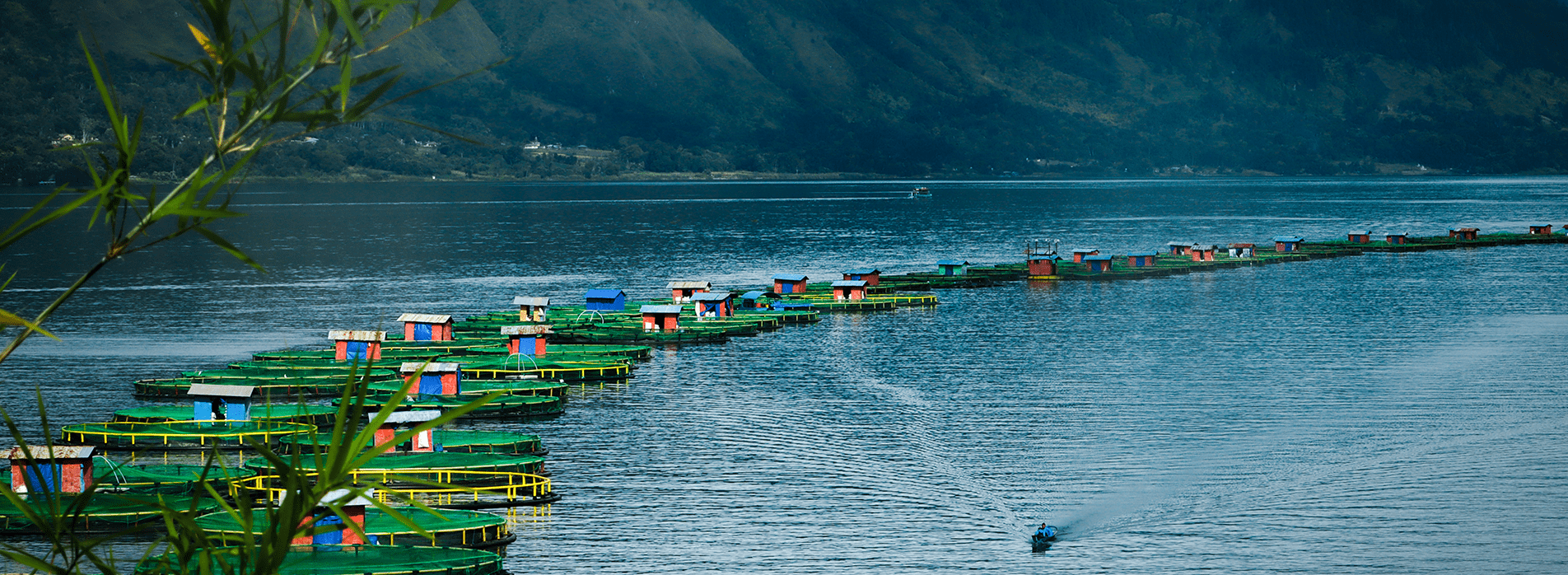On this very day ten years ago, Regal Springs’ Lake Toba tilapia farm in Sumatra, Indonesia became the first fish farm in the world to earn ASC certification –
In the decade since, there have been more than 1,700 aquaculture farms around the world that met the ASC standard to become ASC certified. All these farms together harvest nearly 2.5 million tonnes of seafood and seaweed harvested each year, which helps transform aquaculture into a vitally important environmentally and socially responsible industry.
To this day, Regal Springs’ Lake Toba tilapia farm still enjoys ASC certification, as do ed, their other tilapia farm sites in Honduras and Mexico.
“At Regal Springs we are very proud to have pioneered with ASC in Indonesia,” said Petra Weigl, Regal Springs’ Managing Director for Europe. “And of course, we rolled out ASC certification to our more recently established farms in Honduras and Mexico.”
“ASC certification brings us a host of benefits — well-organised data, which we share transparently through ASC audits and reporting; improved traceability, from feed to harvest, which will further accelerate with the ASC Feed Standard about to be launched; and continuing upgrades to our socially responsible standards both internally and with external parties,” explained Rudolf Hoeffelman, Managing Director of Regal Springs Indonesia. “ ASC certification undoubtedly helps us communicate our sustainability and best practices to our customers and stakeholders in a clear and well organised way.”
Two years after ASC was first founded, Regal Springs gained its ASC certificate in Indonesia. In that early stage, only two species could be ASC certified – tilapia and pangasius. By 2022, ASC expanded its coverage to 11 specie. These include abalone; bivalves (clams, mussels, oyster, scallop); flatfish; freshwater trout; pangasius; salmon; seabass, seabream and meagre; seriola and cobia; shrimp; tilapia; and tropical marine finfish. In addition, a joint ASC-MSC standard was established for all kinds of seaweed.
Ecosystem caretakers
Regal Springs’ tilapia farms are situated in Lake Toba, the world’s largest volcanic lake, over 1,100 square kilometres in size, plunging to depths of more than 500 meters. This ensures a clean and healthy ecosystem which is vital for their fish production Aside from healthy tilapia, and equally important, deep, clean water safeguards a healthy biodiversity and a healthy environment for local communities, with Regal Springs paying careful attention to protecting the magnificent freshwater ecosystem of Lake Toba.
“We use floating cages that scarcely impact on the natural lake environment,” said Weigl. “And we continuously monitor the water quality to ensure it remains oxygen-rich and unaffected by the farm’s activities. High water quality is one of the key factors directly influencing the quality of Regal Springs tilapia, making it strong and healthy, and ensuring that we can completely avoid using additives.”
Regal Springs has adopted a zero waste or ‘whole fish’ policy. Only about one-third of a whole tilapia is used for the fillets or loin cuts you see in your grocery store. The rest of the fish –as skin, scales, bones and liver – is used in a surprising number of other industries. These range from dietary supplements, pharmaceuticals, cosmetics, fertilizers and even fashion (in the form of tilapia skin leather). Regal Springs also converts its tilapia fish oil into biofuel powering trucks and other equipment.

Hand in hand with local villages
Regal Springs employs 400 people in the Lake Toba region, becoming the largest local employer.,. ASC certification requires not only meeting robust environmental criteria but also reaching a strong social responsibility standard, covering in particular fair wages and working hours, health and safety requirements, formation of worker unions, and engagement with local communities.
Regal Springs’ social welfare commitments include providing a health insurance plan and hot meals for workers, as well as company health clinics and free healthcare for employees, their families and nearby villages.
Other community engagement projects include employing teachers, providing literacy and English-language education, and leading reforestation efforts
Tasty, healthy tilapia
The tilapia fish offers many health benefits as well as being responsibly sourced. High in protein but low in calories, tilapia is a good source of omega fatty acids, containing more omega-3’s per serving than beef, chicken, pork or lamb. Tilapia provides a broad and rich range of nutrients, such as vitamins B12, C, E, niacin and folate, along with minerals calcium, magnesium, potassium, phosphorous, and selenium. but remains low in mercury.
For a busy homemaker or chef, tilapia is also extremely versatile and very easy to cook, that can go with your favorite sauce or dressing, with a mild taste that suits even the fussiest eater.
So this week, as we celebrate the 10th anniversary for responsibly farmed fish, what better time to look for ASC labelled tilapia in your grocery store, and checking out its Regal Springs origin?
And if you’re still not sure how to prepare t, we’ve cooked up a great idea for you…



